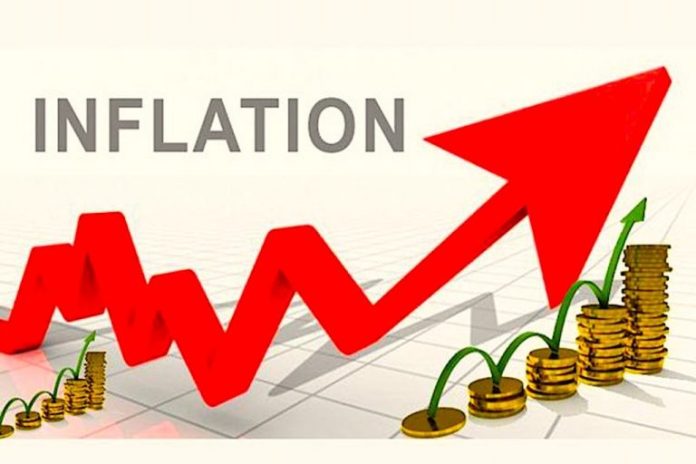The inflation rate in Nigeria surged to 34.8% in December 2024, up from 34.6% in November, according to the latest Consumer Price Index report released by the National Bureau of Statistics (NBS).
This marginal increase of 0.2% reflects the impact of heightened demand for goods and services during the festive season, as well as persistent economic challenges.
Compared to December 2023, when inflation stood at 28.92%, the year-on-year rise of 5.87 percentage points underscores the strain on household incomes and business operations.
The report attributed the inflationary pressures to factors such as currency depreciation, high energy costs, and supply chain disruptions. Food and non-alcoholic beverages drove the largest share of the inflationary spike, contributing 18.02% to the overall rate, while housing, electricity, and transport accounted for additional increases.
Urban vs Rural Inflation
Urban inflation outpaced rural inflation, with rates of 37.29% and 32.47%, respectively, on a year-on-year basis. However, both urban and rural inflation showed slight month-on-month declines, reflecting a temporary easing of price pressures in some areas.
Food inflation reached 39.84% year-on-year in December, driven by higher prices for staples like yams, rice, and maize. Core inflation, excluding volatile agricultural and energy prices, rose to 29.28%, signalling broader cost increases across sectors such as transport and personal services.
Private Sector Alarm
The Organised Private Sector expressed concern about the impact of rising inflation on production costs and consumer spending. Segun Kuti-George, National Vice President of the Nigerian Association of Small-Scale Industrialists, warned that the cost of raw materials, logistics, and machinery would escalate, making locally produced goods less competitive against imports and increasing inventory levels.
Femi Egbesola, National President of the Association of Small Business Owners of Nigeria, highlighted the detrimental effects of inflation on purchasing power, production costs, and export competitiveness, noting that it has deepened poverty and reduced economic growth.
Policy Ineffectiveness and Recommendations
Experts criticised the Central Bank of Nigeria’s monetary tightening measures, arguing that repeated hikes in the monetary policy rate (MPR) have failed to address the cost-push nature of inflation. Olusola Obadimu, Director-General of the Nigeria Association of Chambers of Commerce, Industry, Mines and Agriculture (NACCIMA), emphasised the need to focus on reducing input costs rather than relying on higher interest rates.
The Centre for the Promotion of Private Enterprise (CPPE) recommended halting further MPR hikes, reducing public sector debt, and moderating revenue targets for government agencies to avoid placing undue pressure on businesses. Dr Muda Yusuf, CPPE Director, also called for increased investment in infrastructure and fiscal discipline to support business competitiveness and job creation.
While the inflation rate remains a significant concern, experts foresee a potential easing of pressures in 2025. Factors such as improved exchange rate stability, enhanced foreign reserves, and reduced geopolitical tensions could contribute to a more favourable economic environment.
However, achieving these outcomes will require coordinated efforts to balance revenue generation, investment promotion, and inflation moderation to ensure sustainable economic growth and stability.













